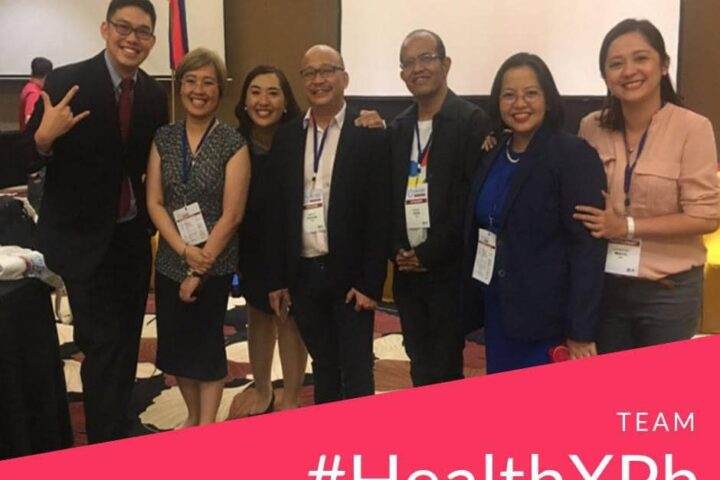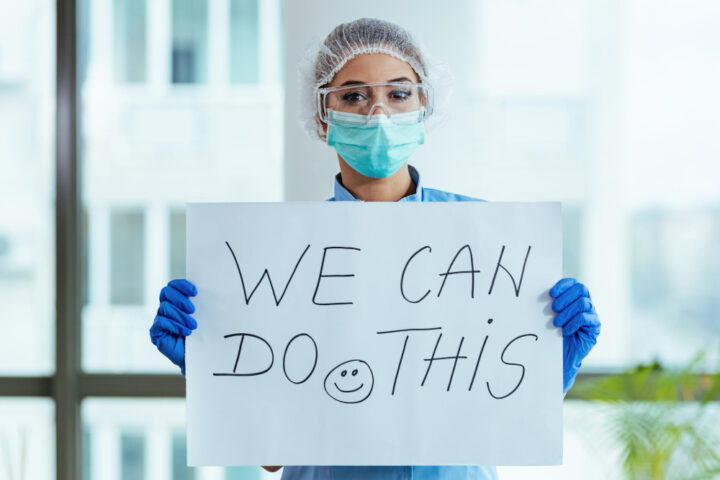Compared to other industries and despite milestone discoveries that saved million of lives, innovation in health care is still considered “slow” by many. There are myriad of reasons for this but healthcare system is a complex system and for innovation to take traction, it needs to satisfy many stakeholders. Systems level solutions offers a lot of potential but it’s the stakeholders’ “buy in” (or “out”) that usually doom interventions to fail.
What drives change and innovation in health care?
Clarifying the direction of change helps untangle the confusion and may also improve buy in of stakeholders. Improving health outcomes and lowering the cost of health care services drives change and innovation in health. These two complementary driving force put emphasis on the Patients First intention. Many health stakeholders and most especially providers, share this altruistic goal. Lowering the barriers to stakeholders engagement maybe a solution, but what’s important is that leaders engage health care providers forward to health innovation. Moreover, health leaders should recognise that a buy in to “Patient’s First” goal doesn’t mean neglecting the motivational aspirations of health care workers. Leaders need to tap in these motivation if they expect providers to be engaged and at the forefront of change in health care. I hypothesise that social media, intertwined in todays internet heavy health care, plays a role in this.
Health leaders should recognise that a buy in to “Patient’s First” goal doesn’t mean neglecting the motivational aspirations of health care workers. Leaders need to tap in these motivation if they expect providers to be engaged and at the forefront of change in health care.
New media as change agents in healthcare revolution.
As the internet is now intertwined with healthcare, there’s a movement within the system to increase patient participation in the management of his or her own health. Empowered by new technology and social media, physician- patient partnership for health is gaining headway and might just ( if not already) accelerate change in healthcare. I propose that social media be used as a tool to tap in the motivations of healthcare providers and engage them towards innovations in health. If the Patients First goals drive innovations in health, social media might possibly accelerate it. How to do this is the topic of these tweetchat conversation.
If the Patients First goals drive innovations in health, social media might possibly accelerate it.
-unknown
Lee and Cosgrove (2018) borrowed Max Weber’s Four Motivational Typology for Social Action as potential intervention points for leaders to tap and engage physicians as agent of change. (See picture table below).

I suspect this holds true for all health providers and not just physicians. My hypothesis is that social media plays a role in accelerating “buy in” vis a vis these motivational tools. Let’s start crowd sourcing ideas.
- T1. How would social media help healthcare providers engage in a noble, shared purpose? Many healthcare institution analyse the results of their Patient Satisfaction Surveys (PSS) to improve patient services. General trends of this survey and the measures implemented to improve outcomes, are posted on the institution’s social media channels for public viewing. The same general trends and specific positive results and commendations are posted on the institutions social media channels for providers viewing. The positive commendations usually motivates providers engagement to the institution’s shared goals.
- T2: How would social media help fulfil or satisfy providers self interest? Putting the patients welfare first resonates deeply with many health providers. Like everybody else though, many are also motivated by “job security or financial rewards” while performing their duties and responsibilities of “putting the patient’s welfare first”. Many health care professionals on social media provide a vital link between institutions and patients. These health care professionals ( “influencers”) play an important role in the HCI’s organisational structure. Moreover, patients tend to consult or opine with healthcare professionals who are visible and easily accessible online.
- T3: How would social media help healthcare providers earn respect? Like everybody else, earning respect and peer pressure are strong driver for change among healthcare workers. Although the many worst and ugly failings of the providers are publicised online, positive feedback from patients and colleagues improves performance in the long run. In the new media age where even health workers long for transparency, faster feedback and communication social media should be a good platform.
- T4: How would social media help providers embrace tradition in the pursuit of innovative change in healthcare? #HealthXPh was founded on the shared goal of impacting healthcare towards social good, using social media and emerging technologies. It also initiated a manifesto that sets desirable online behaviour for health care providers. #HealthXPh considers these small step towards the direction of impacting health outcomes, but it did set a tone and direction for health professionals engaging other stakeholders on social media, towards the Patient’s First goals.
These are just some examples of how social media could be a tool to engage providers as agent of change in healthcare. It is neither inclusive nor perfect. If we need health providers’ buy in health care’s innovative change however, health leaders probably need to tap social media.
Join the discussion on this topic this Saturday July 6, 2019 9:00 PM Manila Time by tweeting your thoughts with the hashtags #HealthXPh #HCSMPH2019 #HCLeadership with the following guide questions:
- T1. How would social media help healthcare providers engage in a noble, shared purpose?
- T2: How would social media help fulfil or satisfy providers self interest?
- T3: How would social media help healthcare providers earn respect?
- T4: How would social media help providers embrace tradition in the pursuit of innovative change in healthcare?
Se you all healthcare tweeps!









